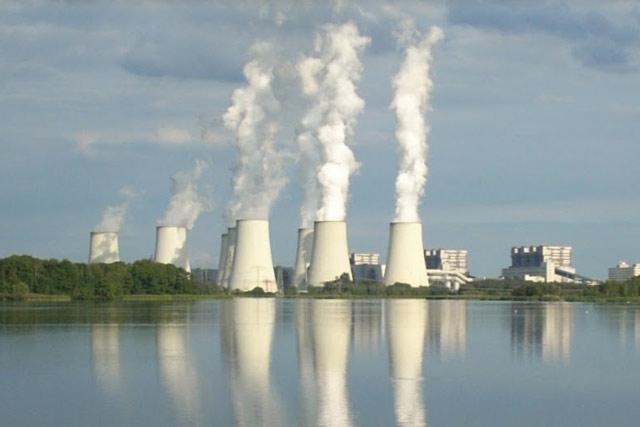Responding to the health impact assessment study highlighting increased vulnerability to coronavirus among people living near coal-fired plants, the Chhattisgarh government has directed the concerned authorities to initiate action towards emission control.
TOI recently reported the latest scientific study done by Chhattisgarh State Health Resource Centre (SHRC). The cross-sectional study highlighted that people residing near thermal power plants were more prone to respiratory illnesses and diseases like coronavirus.
Taking note of it, Chhattisgarh Minister of Revenue, Disaster Management and Rehabilitation Jaisingh Agrawal on April 9 wrote to the state commercial tax (excise) and industry minister Kawasi Lakhma. Agrawal agreed with the health burden on the communities living near coal-fired power plants in Korba and their added vulnerability to threats like coronavirus.
Agrawal further instructed the departments concerned to take action to control the emissions and improve the situation in the region. At a time when government authorities are mostly in denial when it comes to public health impacts of coal plants, experts feel the minister’s letter has set-up a good precedent. Public Health Consultant and former director of SHRC Chhattisgarh Dr Prabir Chatterjee said, “It is encouraging to see the minister has taken notice of the report. We too would encourage other cabinet ministers to take up this cause and begin health impact assessments in the interest of the common man, displaced and tribal communities whom they represent.”
Stating that poor lung capacity made people living in the vicinity of power plants a high risk group for infections like coronavirus, director of Climate Trends Aarti Khosla said, “Predisposition to ill health, for example respiratory conditions like asthma, which are commonly prevalent in industrial areas like Korba, lead to reduced lung function and makes such people more vulnerable to infections like coronavirus. At a time when nature has allowed us to re-think, making a conscious choice about powering India through clean, renewable energy will bring public health benefits as also it will make economic sense, and prevent the insurmountable losses that coal companies are making.”
In its research, SHRC had compared samples from an exposed population living within 10 km radius of the power plants in Korba, which has the world’s second-largest open cast mines and 10 power plants in its vicinity producing 6000MW of electricity.
Of the nine locations in Korba, five had particulate matter (PM) 2.5 levels above the permissible limit of 60micrograms per cubic metre (mpcm) as prescribed by the Ministry of Environment, Forest and Climate Change (MoEFCC).



































